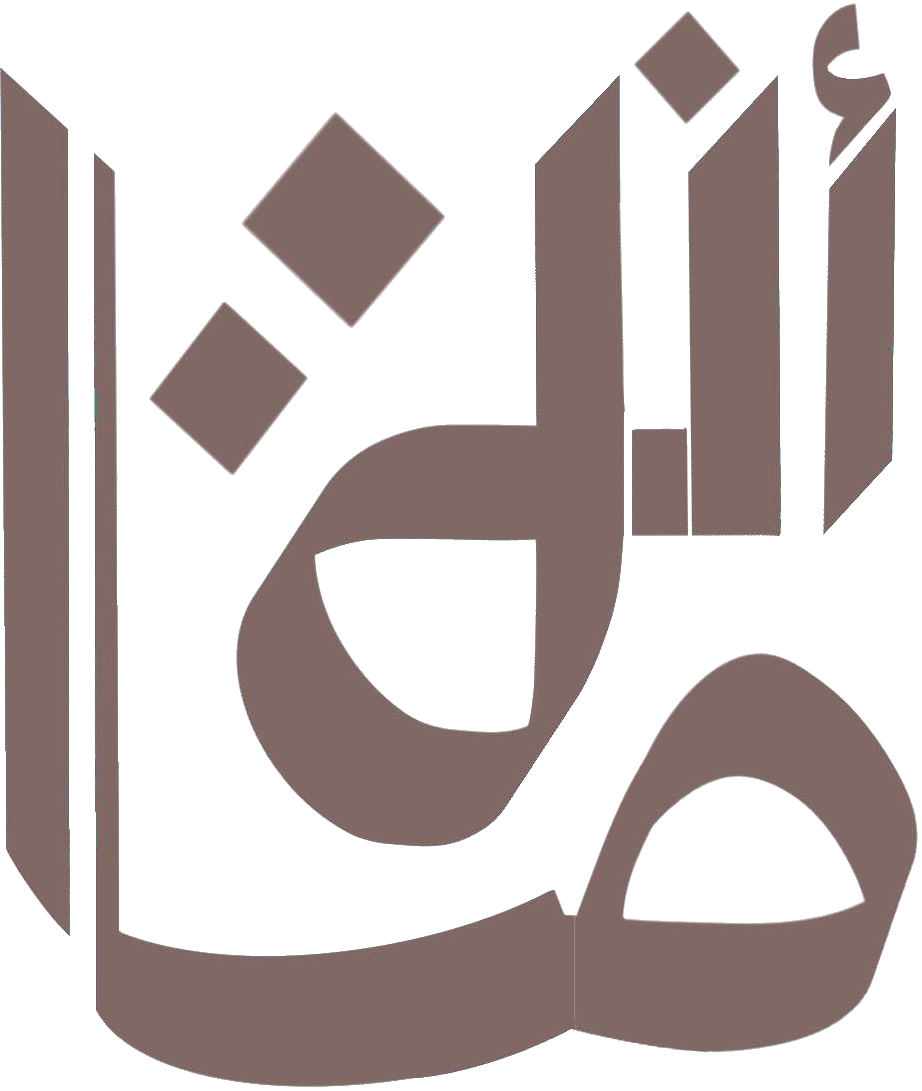The Sahel's Crisis: Beyond War on Terror
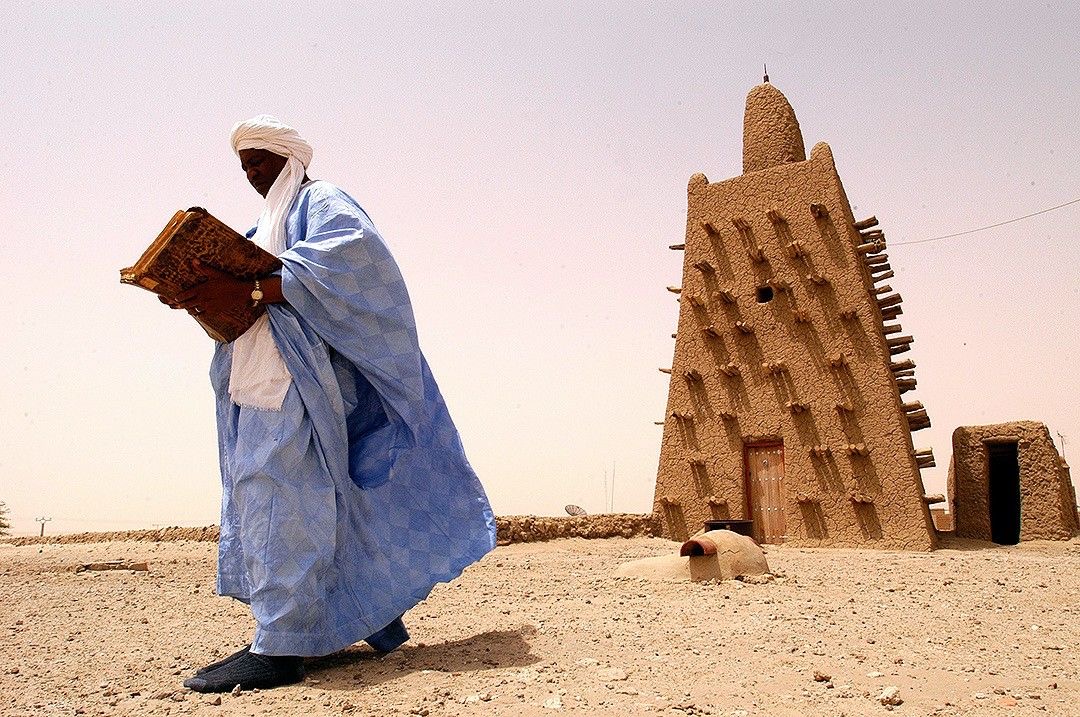
A Glimpse into the History of the Sahel
Long before the modern borders of Mali, Niger, or Burkina Faso were drawn, the Sahel was a cradle of Islām, scholarship, and resilience. From as early as the 11th century, Islām had spread across the Sahara’s trade routes, carried by Berber merchants and nourished by African scholars. Cities like Timbuktu, Gao, and Djenné became legendary centers of learning, home to vast libraries, madāris, and Qur’ānic schools whose works reached Cairo, Fez, and even Istanbul.
In the 14th century, Mansa Mūsā, ruler of the Mali Empire, performed Ḥajj. His pilgrimage shook the world: distributing gold so freely that economies trembled, yet more importantly, binding West Africa to the wider Muslim ummah. For centuries, Muslim dynasties like the Mali Empire, the Songhai Caliphate, and later the Sokoto Caliphate in northern Nigeria ruled with Sharīʿah as the reference of law and the Sahel’s people lived within the embrace of the Qur’ān.
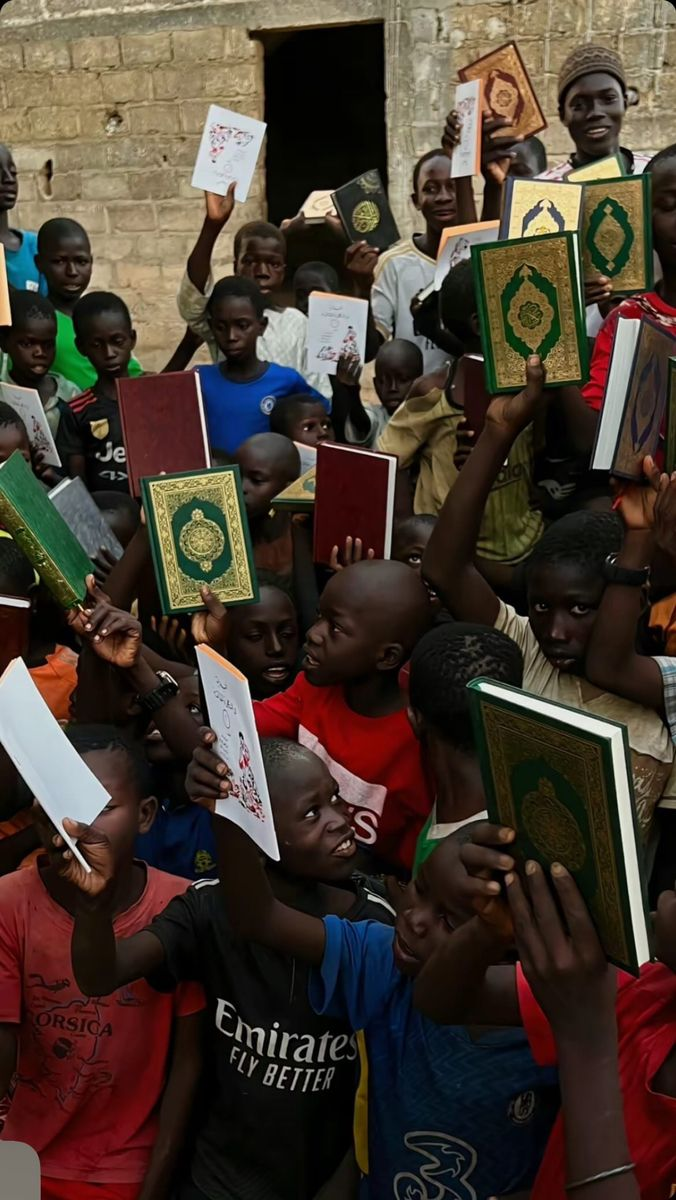
Then came the colonial rupture. In the 19th century, European powers, especially France, systematically dismantled the region’s Islamic fabric. Mosques were overshadowed by military garrisons; Qur’ānic schools were sidelined; traditional authority was co-opted or crushed. Resistance did emerge: in Senegal, Shaykh Aḥmadou Bamba embodied non-violent defiance; in Libya, Omar al-Mukhtār led an armed struggle. Yet both met repression. By the time France “granted” independence in the 1960s, societies were already fractured. Secular elites, trained in Paris and alienated from their heritage, took power, while the colonizer left behind its language, its currency, and its soldiers’ shadows.
The Forgotten Battleground
Today, in the shadow of the so-called “War on Terror,” the Muslim of Mali, Niger, or Burkina Faso is often branded a threat before being seen as a human. From the Fulani herder to the Qur’ān teacher in a remote madrasa, suspicion replaces dignity. Meanwhile, natural calamities deepen the wounds. Droughts scorch crops, floods erase entire villages, and famine stalks the poor. In 2025, Burkina Faso suffered its deadliest drought in decades (soil cracked, wells dried, and hunger spread like fire). Aid was delayed by corrupted politics and relief was suffocated in bureaucracy.
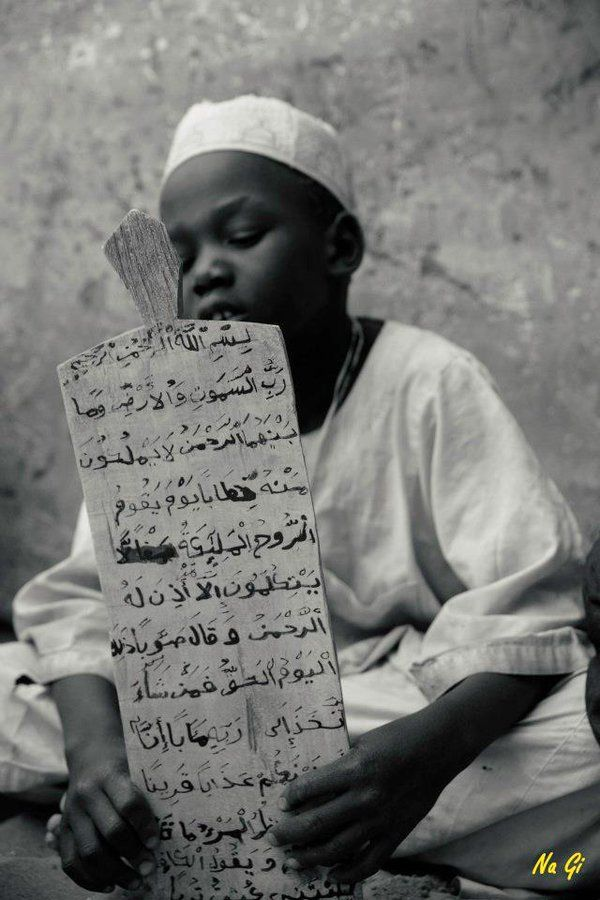
From Colonisation to the "War on Terror"
Though French flags were lowered, French influence never left. Through banks, language, and military alliances, its grip remained. In 2013, under the pretext of counterterrorism, Operation Barkhane stationed thousands of French soldiers across Muslim lands. It was not a war on terror, it was a war on sovereignty, on Muslims unwilling to submit to foreign control. Inevitably, resistance rose. Groups such as Jamāʿat Nuṣrat al-Islām wa al-Muslimīn (JNIM) emerged not from a vacuum, but from cycles of injustice, humiliation, and rage.
The Ceasefire That Never Was
In early 2025, a ceasefire was announced. Western powers hailed it as “progress.” But by April, it collapsed. By June, over 400 soldiers were killed in Burkina Faso and Mali in coordinated JNIM offensives. The town of Djibo briefly fell to the group, who expelled junta militias and distributed basic needs to civilians. The juntas of Mali, Niger, and Burkina Faso, now bound together under military rule, responded with brutal force. Backed by Russia’s Wagner Group (rebranded Afrika Korps), they unleashed scorched-earth campaigns marked by massacres and disappearances. In Boulkessi, Mali, Wagner fighters were ambushed, with 60 and more casualties. In northern Burkina Faso, villages were razed, mosques burned, and men vanished from their homes. In Niger, humanitarian organizations, including the ICRC, were expelled, accused of “collusion with terrorists.”
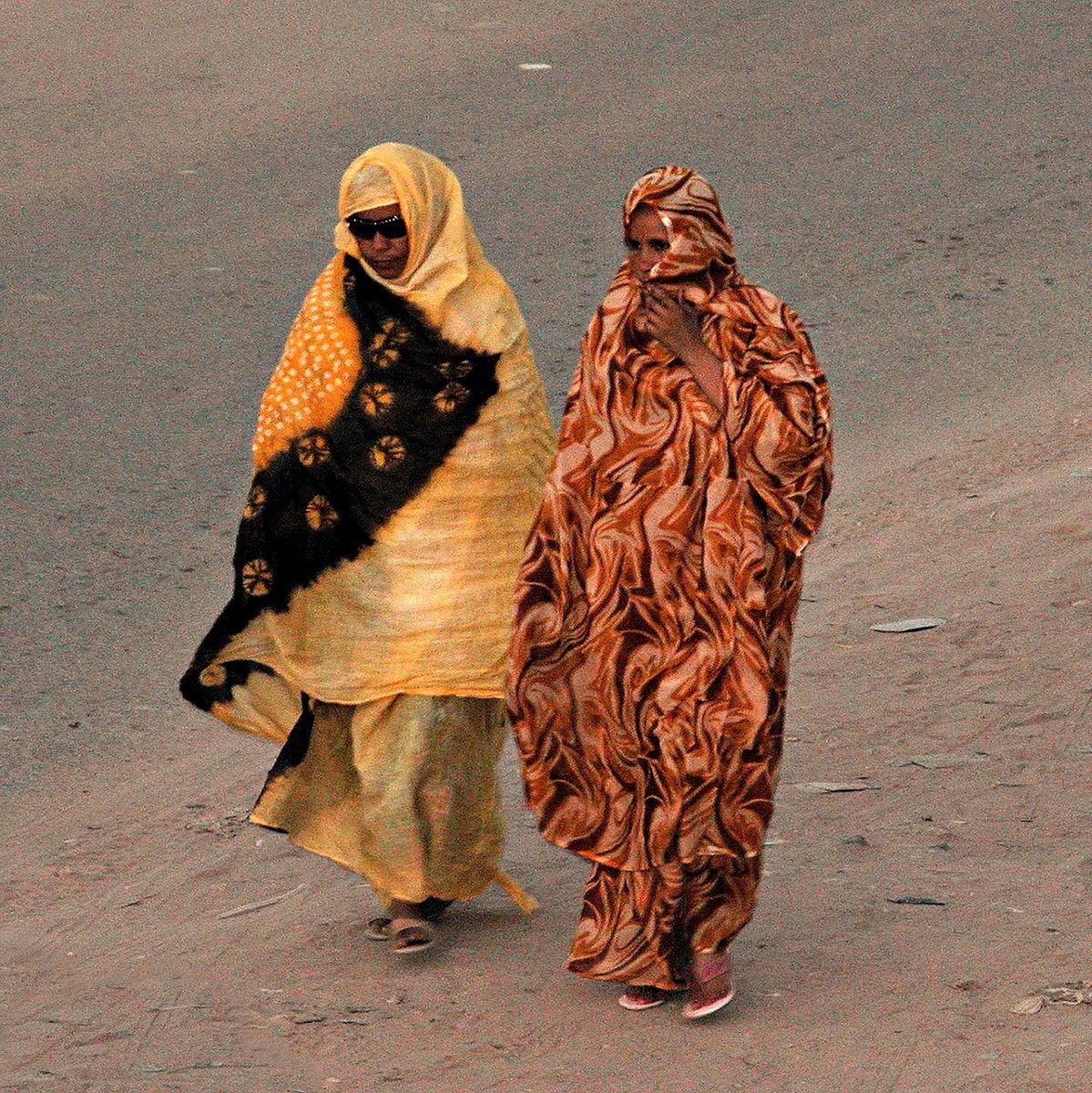
REFERENCES:
Books & Blog Sources:
5Pillars. (2025). Africa’s forgotten Muslims: Sahel under siege. 5Pillars.
5Pillars. (2024). France’s exit and Russia’s rise: The Muslim cost in Mali and Burkina Faso. 5Pillars.
CSIS. (2022). The end of Operation Barkhane and the future of counterterrorism in Mali. Center for Strategic and International Studies.
Human Rights Watch. (2024). Mali army, Wagner fighters accused of atrocities. AP News.
Institute for the Study of War. (2025). Africa File: RSF war crimes, Sahel jihadist expansion, Algeria-Mali tensions.
Institute for the Study of War. (2025). Africa File: Sahel jihadists tap trans‑Saharan networks.
Web Sources:
Documenting Oppression Against Muslims [DOAM]. (2024). The war on Qur’an teachers in the Sahel. Telegram Channel.
